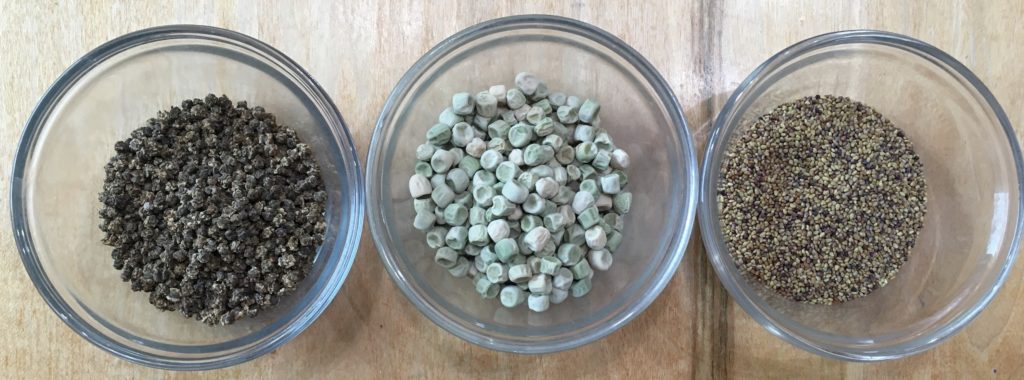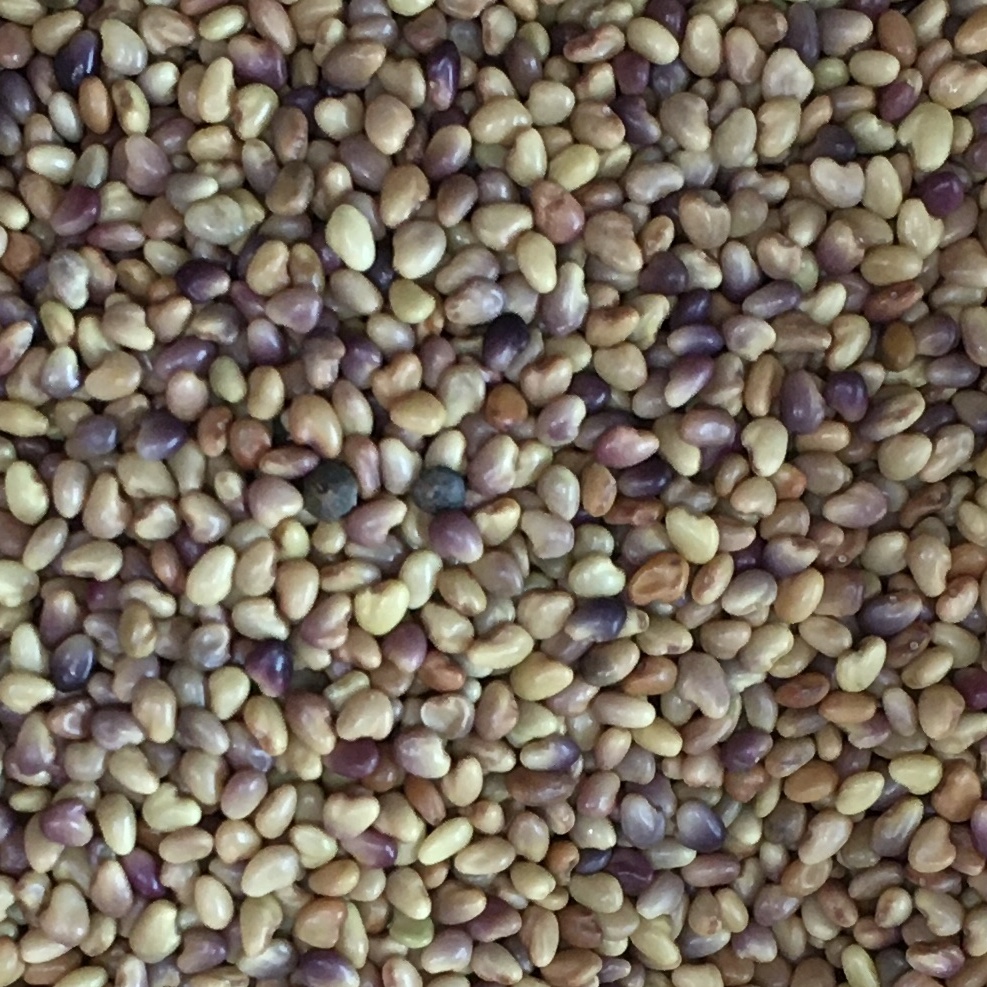Just like toilet paper, seeds have been a favorite purchase of panic buyers. Several seed companies have temporarily stopped orders, are seeing long delays in shipping times and have sold out of many varieties. Unless you really had your ducks in a row early this spring, you might still be waiting for seeds that you’d hoped to start inside or plant outside, or are simply unable to order from your normal company.

If holding a traditional seed swap, participants can spoon in bulk seeds into their own bags. In COVID-19 times, prepackaged seeds are probably best.
If you think you might have ordered much more than you can use in the next couple of years (perhaps based on a plan you made previously) but don’t have enough of some other types of seed, consider swapping or donating them.
I’ve written about how to hold a seed swap pre-COVID. Instead of being able to all scoop your own seeds together in a room, you’ll likely have to prepackage your seeds for swapping ahead of time. I use bead bags and labels to help with this task. Bead bags are not ideal for long-term storage but they’ll do for the short to medium term.
Now that you’ve packaged up your seeds, you need to figure out how to get them to the people who need them and how to get the seeds you are needing. A couple ideas to facilitate this would be posting available and needed seeds on Craigslist, a shared Google doc with friends, family, or anyone if you want, or on Facebook.
If you did overbuy and are hoping to store (hoard?) your seeds for the long haul, then be sure to store them in ideal conditions so their viability and germination rates do decline, some more quickly than others. Think cool (refrigerator cool not freezer cool), dry, and dark in an airtight container. You could use something like powdered milk, uncooked rice or an actual desiccant to decrease the moisture in your container. Johnny’s Seeds (and I would trust a seed company) has also published seed-storage recommendations.

Clover seeds for planting a cover crop, a great source of nitrogen and organic matter for your garden.
When we’re fortunate enough to be able to go back to meeting in groups, seed swapping and sharing events have many other benefits besides just getting the seeds you need. It’s a way to save money. Seeds can get expensive at $2 to $4 a packet but are usually much less expensive when ordered in bulk. You and your fellow seed swappers need to do some extra work in packaging, but it’s not too onerous. Plus, for many crops I grow, the number of seeds that come in a standard packet are insufficient and it’s way more economical for me to buy larger packets. Also, it can be a fun opportunity to swap garden tips and tricks and learn which varieties grow well for others.
Published in the Fairbanks Daily Newsminer May 24, 2020.

Please tell me which white clover seeds are best for Fairbanks. Thank you. I appreciate your help.
Please submit your questions to our Ask an Expert Portal: https://ask.extension.org/ask